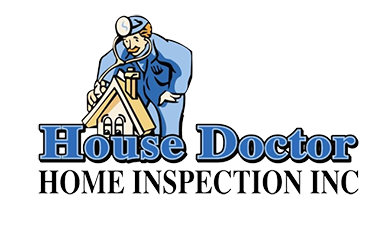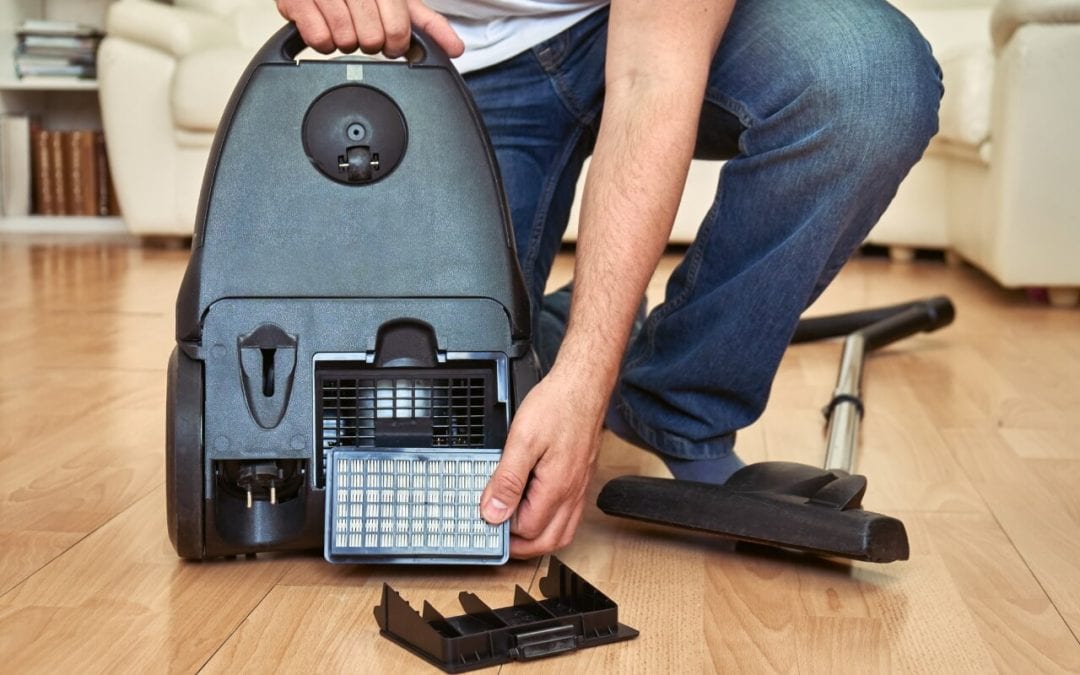Change HVAC Filters to Improve Indoor Air Quality
The HVAC system in your home has a filter to trap dust and debris. It should be changed regularly, according to the manufacturer’s recommendations. A dirty filter will fail to trap pollutants and it forces your HVAC system to work harder to circulate the air.
Use Ventilation Fans
When cooking or showering, use your ventilation fans to improve air quality. Most homes have ventilation fans in the bathroom, above the stove, and in the laundry room. These fans will help pull smoke, cooking odors, and humidity out of your home.
Clean Floors to Improve Indoor Air Quality
Clean the flooring in your home at least weekly to remove dust, pet dander, and other allergens. A vacuum cleaner with a HEPA filter traps irritants, including mold and dust mites. Vacuum the floors often if allergies are a problem. Sweep and mop linoleum, vinyl, and hardwoods. Use a microfiber mop to trap more dirt than traditional cotton or sponge mops.
Use an Air Purifier to Improve Indoor Air Quality
Use an air purifier to filter out irritants that cause allergy-like symptoms. Choose a HEPA filter machine to remove a higher concentration of particulates. You will need to replace HEPA filters more frequently. Place air purifying machines in frequently used areas of the home and in the bedrooms of allergy sufferers.
Test for Radon
Radon gas is a colorless, odorless gas that is known to cause lung cancer. This dangerous gas can seep up through the earth and enter your home via cracks and gaps in the foundation. Hire a professional to test for radon. He or she will test the radon levels in your home and advise you on how to lower unsafe levels.
House Doctor Home Inspection provides home inspections, including radon testing, in Rhode Island. Contact us to schedule our services.

